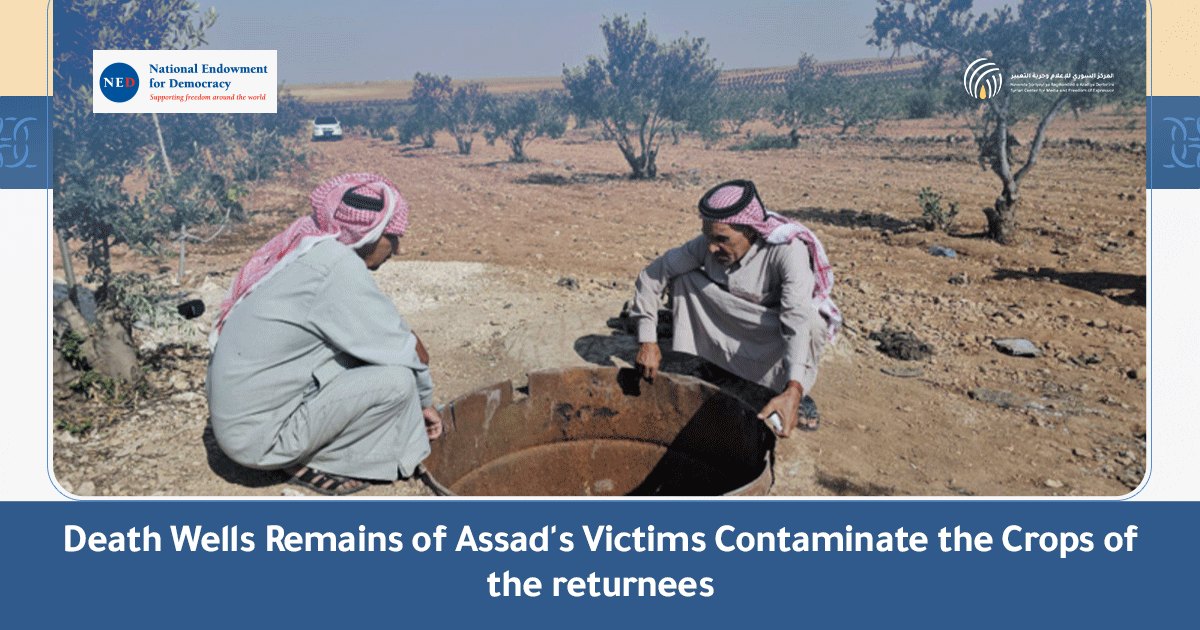by Mansour Al Omari
28 June 2013 – Syrians who have protested peacefully and spoken out against the brutal state machine are paying a high price for demanding freedom, writes an exiled human rights activist
As horrific events unfold in Syria, I think of Mazen Darwish and my other colleagues and what they might be working on had they not been in secret detention. Mazen would probably still be verifying videos, interviewing witnesses and sending out news releases in defence of arbitrarily detained activists. As the world watches people getting killed, and the brutality in Syria reaches new heights, I find myself missing his voice and principled approach more than ever.
I was the lucky one who was released on bail after a year of torture. But while we await the trial that I and other colleagues from the Syria Centre for Media and Freedom of Expression are facing, I know that Mazen and the others with him in secret detention would want me to be strong, and to keep telling the world about what Syrian human rights defenders endure in defence of those rights. When the Syrian security services descended on us, that February morning of 2012 in Damascus, we knew we would pay a high price for daring to exercise our right to protest peacefully, to organise, to speak out. We knew we were dealing with a ruthless, brutal state machine that did not tolerate dissent. We knew our work might cost us our lives.
And the price has been steep. In my 356 days of detention in an underground holding cell, I repeated like a mantra “freedom of expression, freedom of association” while security forces in the Syrian Army’s Fourth Division detention facility in Mezze Damascus attempted to break my bones and crush my dreams. “Is this the freedom you want,” they snorted at me while I tried to shield my head from their kicks. I raised my voice in my own head to try to cover the noises I was made to hear: cries of fellow detainees being tortured sometimes to death, being stripped out of their skin while their lives were being stripped out of them.
I wanted to survive. I wanted to look the world in the eye and say: we Syrians deserve to live as citizens. We have a right to gather, demonstrate, write freely, and hold our leaders accountable for breaking their contract with us, with humanity. I was eventually released. But they kept Mazen and our other colleagues Hussein Gharir and Hani Zaitan. Not a day goes by without me thinking of all three of them curled up in their damp cells, losing weight but not losing faith. I can still hear their voices, I can almost see them all sitting behind their computer screens, while the sun plays a game of hide and seek on that cold Damascus February day. I hold on to these memories of our office, full of life, hope, and a sense of urgency, as we documented abuses, informed the world about them, and stood up for our beliefs.
Our trial was to resume on June 26 and now has been postponed until late August. On that day, I will be with Mazen, Hussein, Hani, and Abdel Rahman Hamada, our other colleague still in Syria, in spirit in the Damascus courtroom where we will all be tried under the anti-terrorism law passed in July 2012 for “publicising terrorist acts”. What is our crime? The publication of studies on the human rights and media situation in Syria, documenting the names of the detained, disappeared, wanted and killed within the context of the Syrian conflict, and receiving funding from western organisations? I still would like someone to explain to me how we qualify as terrorists. I would like to make sense of why we face up to 15 years in prison, with hard labour, for the legitimate work of documenting abuses and attempting to redress them.
While world leaders give statements about possible peace negotiations and plan a second round of Geneva talks, tens of thousands of Syrians remain detained in secret locations and inhumane conditions, subjected to torture because of their peaceful activism. As the crisis in Syria becomes more militarised, I know my colleagues would want me to remind the world that this whole affair started when peaceful Syrian activists felt it was time for the country to break with long decades of oppression and embrace a new era of freedom of expression and political participation. So to answer the question of those officers who tried to break my knees: no, this is not the freedom we want. What we are looking for is yet to come. When people like them, abusive officers, stand in courts to face charges of crimes against humanity.
And we will better them. We will not torture, disappear, kill, terrorise, and humiliate them. We will treat them with more humanity than they have shown us. We will teach them justice. Only then will I be able to answer: yes this is the freedom we want, this is the freedom we were ready to die for. This is the freedom of our colleague and friend Ayham Ghazoul who died while in detention. It might not be a coincidence then that our trial is to happen on the International Day in Support of Victims of Torture. It might be just the right message we want to send the world: we are being tortured for daring to speak out.
Mansour Al Omari is a Syrian human rights activist living in exile
Read more: http://www.publicserviceeurope.com/article/3652/syrians-tortured-for-daring-to-speak-out#ixzz2XX5VQVKJ




